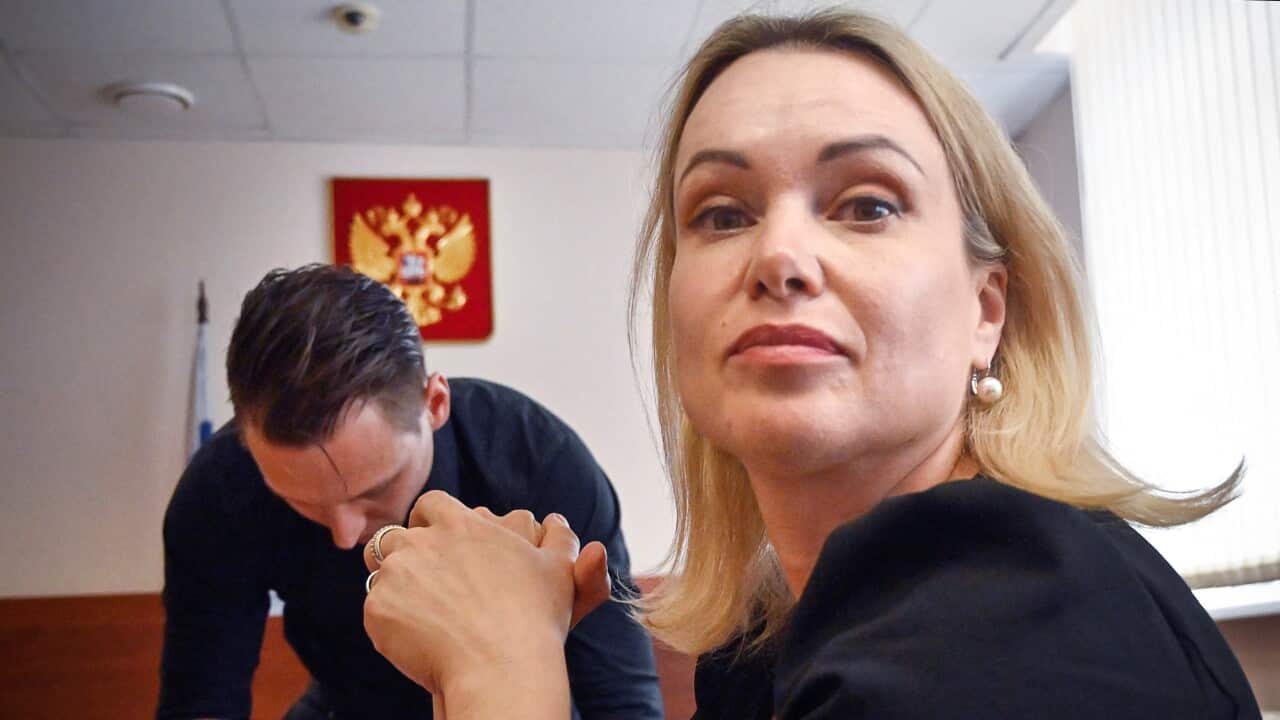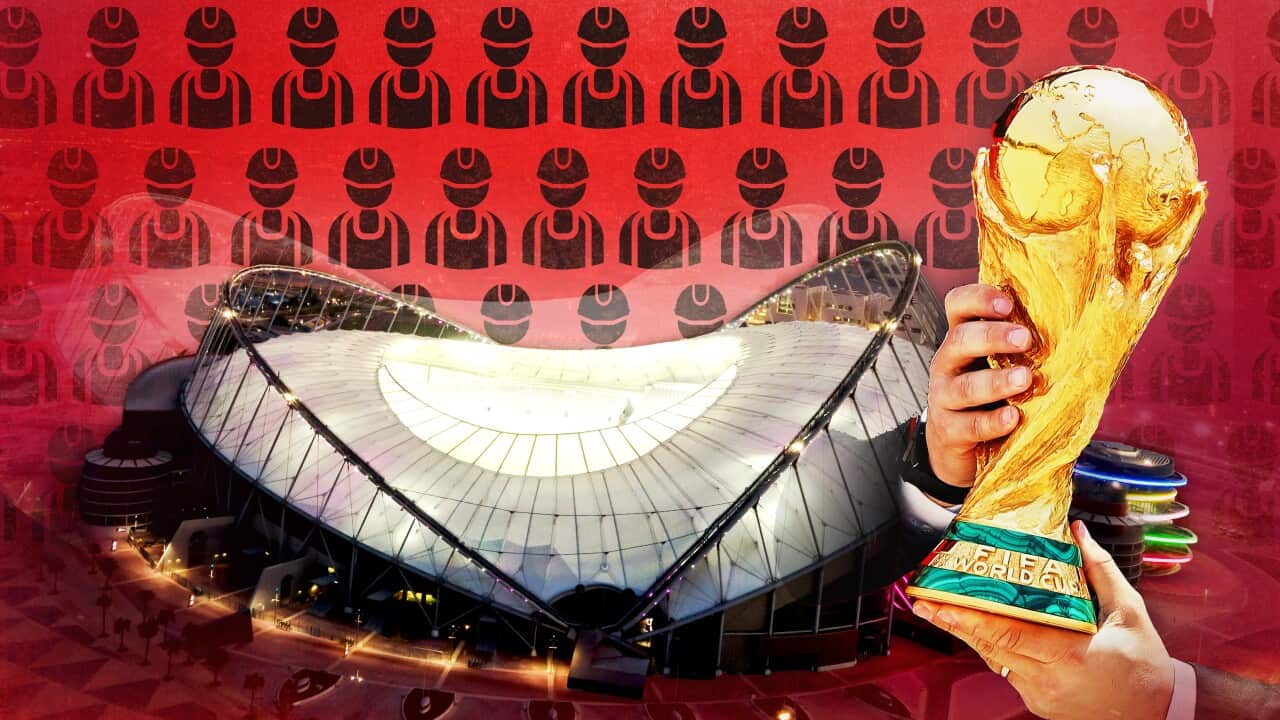Russian President Vladimir Putin said on Wednesday it was "impossible" to isolate Moscow and vowed to cut gas and oil deliveries to countries imposing a price cap on supplies.
Speaking at an economic forum, over six months after Moscow sent troops into Ukraine, the Russian leader sought to pivot towards allies in Asia, the Middle East and Africa as his country faces a barrage of Western sanctions.
"No matter how much someone would like to isolate Russia, it is impossible to do this," Mr Putin told the Eastern Economic Forum in Russia's Pacific port city of Vladivostok.
He said the coronavirus pandemic has been replaced by other global challenges "threatening the whole world", including "sanctions fever in the West".
Mr Putin has repeatedly said Russia's economy is weathering the barrage of sanctions well, as the Kremlin's ties with the West sink to new lows.
On Wednesday, he vowed to cut off any countries imposing price caps on oil and gas exports, just as the European Union proposed to do just that.
Capping prices "would be an absolutely stupid decision", Mr Putin said.
"We will not supply anything at all if it is contrary to our interests, in this case economic (interests)," he said. "No gas, no oil, no coal, no fuel oil, nothing."
Europe, which is heavily dependent on Russian supplies, has accused Moscow of using energy as a weapon and on Wednesday, EU chief Ursula von der Leyen proposed that member states agree a price cap.
G7 industrialised powers pledged on Friday to move urgently towards implementing a price cap on Russian oil imports, in a bid to cut off a major source of funding for Moscow's military action in Ukraine.
"Those who are trying to impose something on us are in no position today to dictate their will," Mr Putin said.
"They should come to their senses."
Ms Von der Leyen's remarks come days after Russia closed the key Nord Stream pipeline to Europe, saying it would be under repair for an indefinite period.
"They say that Russia uses energy as a weapon. More nonsense! What weapon do we use? We supply as much as required according to requests" from importers, Mr Putin told the economic forum.
"Give us a turbine, we will turn Nord Stream on tomorrow," Mr Putin said.
The Kremlin insists sanctions have prevented the proper maintenance of Russian gas infrastructure and, in particular, blocked the return of a Siemens turbine that had been undergoing repairs in Canada.
Russian energy giant Gazprom said Wednesday the EU nations had reduced Russia's gas deliveries by 48 per cent since the start of 2022, with the reduction reaching 49 per cent if Britain is included in the total.
Ukraine grain deal changes
President Putin has suggested reopening a United Nations-brokered deal for Ukrainian grain exports via the Black Sea.
The grain pact, brokered by the UN and Turkey, created a protected corridor after Ukraine lost access to its main export route when Russia attacked via land, air and sea.
Designed to help ease global food prices by increasing supplies, the pact has been the only diplomatic breakthrough between Russia and Ukraine in more than six months of war.
But Mr Putin told the economic forum the accord was delivering grain, fertiliser and other food to the EU and Turkey rather than to poor countries.
"It may be worth considering how to limit the export of grain and other food along this route," he said, adding that Russia would continue to abide by its terms, hoping it would fulfil its original goals.
"I will definitely consult the President of Turkey, Mr (Tayyip) Erdogan, on this topic because it was he and I who worked out a mechanism for the export of Ukrainian grain first of all, I repeat, in order to help the poorest countries."
The pact is up for renewal in late November.
Ukraine, whose ports had been blockaded by Russia, said the terms signed on July 22 were being strictly observed and there were no grounds for renegotiation.
"Such unexpected and groundless statements rather indicate an attempt to find new aggressive talking points to influence global public opinion and, above all, put pressure on the United Nations," said Mykhailo Podolyak, a presidential adviser.
The deal gave Ukraine much-needed revenue for an economy devastated by war.
It does not stipulate which countries Ukrainian grain should go to, and the UN has stressed it is a commercial - not humanitarian - operation.
According to data from the Istanbul-based coordination group which monitors the deal, 30 per cent of cargo, which includes that earmarked for or routed via Turkey, had gone to low and lower-middle income countries.
US, UN says Russia guilty of forcing Ukrainian migration
The United States said Wednesday that Mr Putin's office is directly managing the forced relocation of thousands of Ukrainians into Russia.
The US State Department demanded Russia halt the program as the UN Security Council was to hold talks on the issue.
"The United States has information that officials for Russia's presidential administration are overseeing and coordinating filtration operations," said State Department deputy spokesman Vedant Patel.
"We are further aware that the Russian presidential administration officials are providing lists of Ukrainians to be targeted for filtration and receiving reports on the scope and progress of operations."
Mr Patel said the forced relocation, or filtration, targets people that Moscow decides could be a potential threat to Russian control over Ukraine.
Some are relocated into Russian camps to clear out populations in eastern Ukraine regions that Russia has occupied; others are sent to prisons in Russia, according to US officials.
The operation involves using technology, including facial recognition and biometric data, and databases to find and move individuals from their homes, said Mr Patel.
"Russia has systematically used the practice of forced deportations previously, and the fear and misery it evokes for people forced to live under the Kremlin's control are hard to overstate," said Mr Patel.
"We assess that the Kremlin use filtration operations as a crucial to their efforts annex areas of Ukraine under their control."
The United Nations also said there are credible accusations that Moscow's forces have removed children from Ukraine to Russia for adoption as part of larger-scale forced relocations and deportations.
"There have been credible allegations of forced transfers of unaccompanied children to Russian occupied territory, or to the Russian Federation itself," Ilze Brands Kehris, the assistant UN secretary-general for human rights, told the Security Council.
"We are concerned that the Russian authorities have adopted a simplified procedure to grant Russian citizenship to children without parental care, and that these children would be eligible for adoption by Russian families," she said.
Ms Brands Kehris told a Security Council meeting on Ukraine that Russian forces are also running a "filtration" operation in which Ukrainians in occupied territories are put through systematic security checks that have involved "numerous" human rights violations.
"In cases that our office has documented, during 'filtration,' Russian armed forces and affiliated armed groups have subjected persons to body searches, sometimes involving forced nudity, and detailed interrogations about the personal background, family ties, political views and allegiances of the individual concerned," she said.







